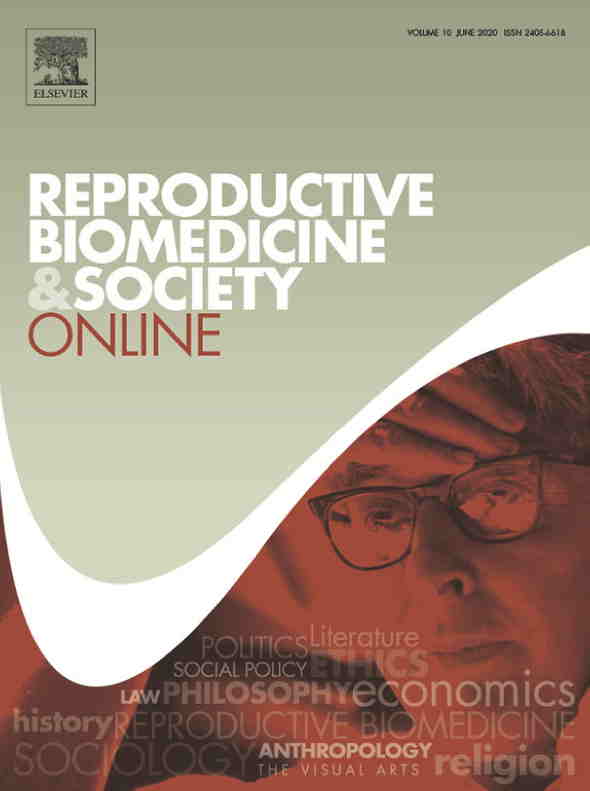Which lives matter in reproductive biomedicine?
By Camisha Russell,
Reproductive Biomedicine & Society
| 06. 02. 2021
Abstract
The most recent Black Lives Matter moment provides an important opportunity for consideration of the interlocking social and political systems that contribute to ongoing racism and racial inequality. What does this mean in the context of reproductive biomedicine? Which lives do reproductive biomedicine devalue and how? In this commentary, I address why reproductive biomedicine is an important site for reflection on race, and how the Reproductive Justice Movement calls on us to shift our thinking. I argue for the need to recognize the deep connections between reproductive biomedicine and eugenics, and then offer some examples of racialization in reproductive biomedicine through assisted reproductive technology. Finally, I consider what steps practitioners might take to be part of the change for which this Black Lives Matter moment calls.
Introduction
Last summer in the USA, people once again took to the streets to insist on the value of Black lives. While Black Lives Matter is most strongly associated with the struggle to end racist police violence, the name and the movement reach much further...
Related Articles
By Diaa Hadid and Shweta Desai, NPR | 01.29.2026
MUMBRA, India — The afternoon sun shines on the woman in a commuter-town café, highlighting her almond-shaped eyes and pale skin, a look often sought after by couples who need an egg to have a baby.
"I have good eggs,"...
By George Janes, BioNews | 01.12.2026
A heart attack patient has become the first person to be treated in a clinical trial of an experimental gene therapy, which aims to strengthen blood vessels after coronary bypass surgery.
Coronary artery bypass surgery is performed to treat...
By Staff, ScienceDaily | 01.05.2026
Scientists at UNSW Sydney have developed a new form of CRISPR technology that could make gene therapy safer while also resolving a decades-long debate about how genes are switched off. The research shows that small chemical markers attached to DNA
...
Following a long-standing CGS tradition, we present a selection of our favorite Biopolitical Times posts of the past year.
In 2025, we published up to four posts every month, written by 12 authors (staff, consultants and allies), some in collaboration and one simply credited to CGS.
These titles are presented in chronological order, except for three In Memoriam notices, which follow. Many more posts that are worth your time can be found in the archive. Scroll down and “VIEW...




